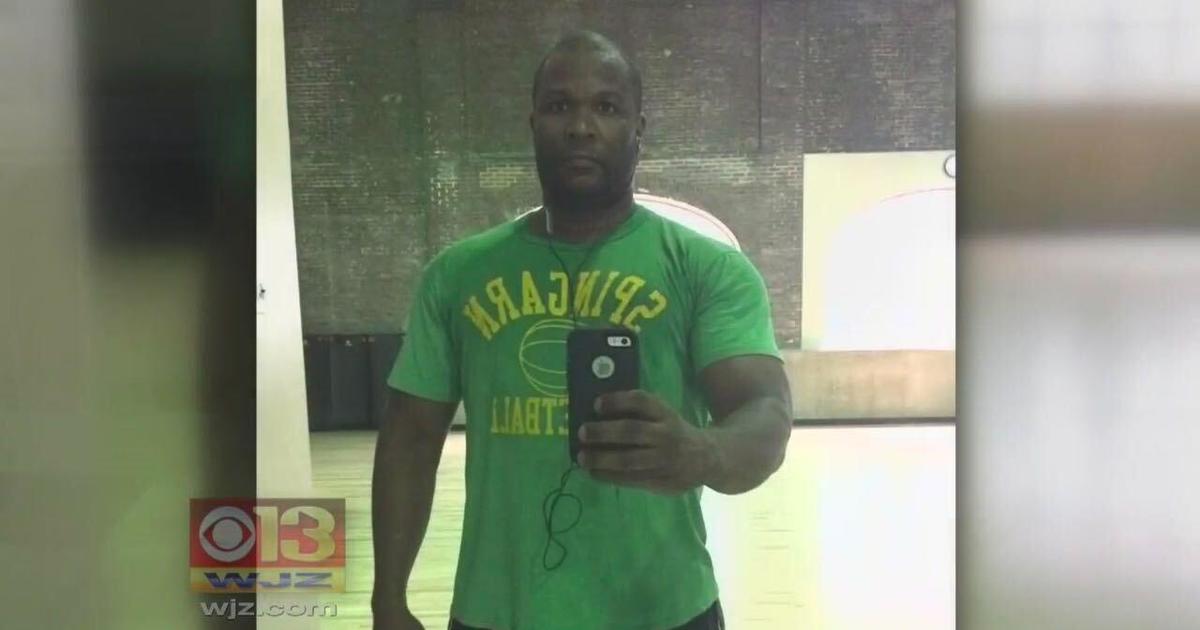Directors Lobby For Tax Relief For Frederick Films
BETHANY RODGERS
The Frederick News-Post
ANNAPOLIS, Md. (AP) -- The setting: a fourth-floor room in the House of Delegates office building on a bone-chilling January morning.
The cast: Lawmakers from Frederick County and the producers and directors behind such films as "Elf-Man" and "The Blair Witch Project."
It was a drama that unfolded around tax incentives.
The backdrop was a proposal before state legislators to more than triple the funding available for film production tax credits in the coming fiscal year. The money will nourish the state's recovering film business, and the industry representatives who came before the Frederick County delegation Friday said they were excited about the proposal. But they said they would like to see a bit more for the little guy.
The credits are often miles out of reach for local filmmakers, because eligible projects must rack up in-state costs of at least $500,000.
"For many independent movies, they scrimp and save, and they get friends to come in and work for them," Richard Jefferies, a Frederick producer, said in a Tuesday phone interview. "It quite often falls below $500,000."
In recent years, the state has budgeted $7.5 million annually in tax credits for film productions, and the proposal now before the General Assembly would extend by two years the program originally set to expire in July 2014. It would also increase the total set aside for credits to $25 million for fiscal 2014.
On Friday, the filmmakers from Frederick County suggested carving out 5 or 10 percent of the total for lower-budget productions. Dedicating a piece of the pie to smaller projects would benefit homegrown talent, allowing for the development of a local industry that has staying power.
Larger projects typically hail from other states, they said. They bring an infusion of cash to the Maryland economy, but the benefits largely disappear along with the cameras.
"Everyone can celebrate that that project was here, but it quickly evaporates. While you are competing for those large projects ... why not also build a base?" said Kurt Uebersax, a New Market producer. "So that not only do the studios come here, but Marylanders themselves are also making good-quality movies and selling them to the world from Maryland."
However, the state must target its tax credits so that it receives the highest economic return on investment, said Jack Gerbes, director of the Maryland Film Office.
"The Frederick filmmakers understand the need to attract productions that create well-paying jobs," Gerbes said. "And we certainly appreciate their concerns about local filmmakers."
Not all the state's tax credits go to glitzy, Los Angeles film studios, either, Gerbes said. Of the 23 projects that have received state credits or rebates, 10 were independently financed and not affiliated with a studio, he said. Some of the productions had budgets only slightly above the $500,000 threshold.
He also noted that becoming eligible for the tax incentives can be expensive, since filmmakers must pay for an audit. These financial reports can cost several thousand dollars, enough potentially to wipe out gains from a credit, Gerbes said. A grant program for small or homegrown projects could be a good alternative to changing the tax credit program.
Delegate Kelly Schulz, R-District 4A, invited the Frederick County filmmakers to the Friday meeting and said she favors reserving some of the state tax credit for small businesses. She does not support spending money outside of what has already been allocated for the incentives.
Schulz has approached the Maryland Department of Business and Economic Development to see if they can develop a plan.
"I understand that you need to make the deals with the big filmmakers, but we also need to look at the small businesses. ... These are people that are living in Frederick County," Schulz said. "Why should we not benefit them, as well?"
Within driving distance of Baltimore and Washington, but cheaper than both, Frederick in particular has potential to become a hub for small and medium-sized productions, Jefferies said. He and Uebersax both worked on "Elf-Man," the locally filmed comedy that premiered December at a red-carpet event in downtown Frederick.
But the city might not realize its potential without state aid, he said. Some other states offer incentives to smaller projects, and even if filmmakers want to stay in Maryland, investors with an eye on the bottom line might push them to move, he said.
"West Virginia is 20 minutes away," Jefferies said. "It sounds like a threat, but it's not. It's just the way the business is."
Several years ago, the state almost lost its film industry because it lacked competitive incentives, Gerbes said.
However, Gov. Martin O'Malley in 2011 beefed up the state's offerings to the film industry, and since then, it has been making a comeback, he said.
At times, proposals to foster film have run up against perceptions that the industry is about "glamour, not business," said Gerbes, but attracting big spenders brings clear results, he said.
For instance, the first season of the HBO series "Veep," shot in Maryland, had a local economic impact estimated to total $30 million. The show's producers worked with 1,140 Maryland businesses, he said.
Jefferies and Uebersax plan to meet Friday with Gerbes to discuss ways to support local filmmakers.
Information from: The Frederick (Md.) News-Post, http://www.fredericknewspost.com
(Copyright 2013 by The Associated Press. All Rights Reserved.)



